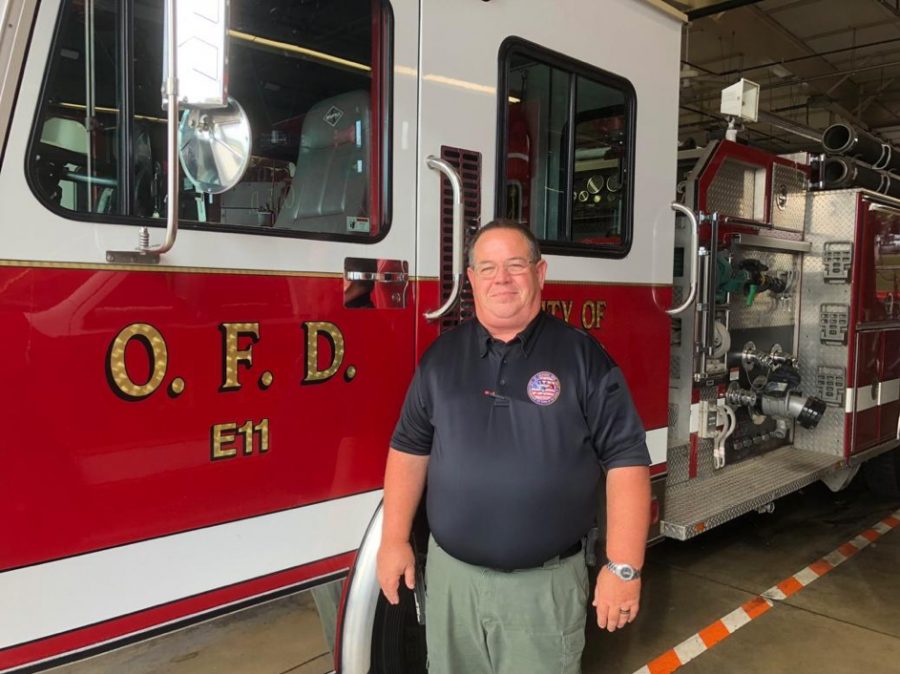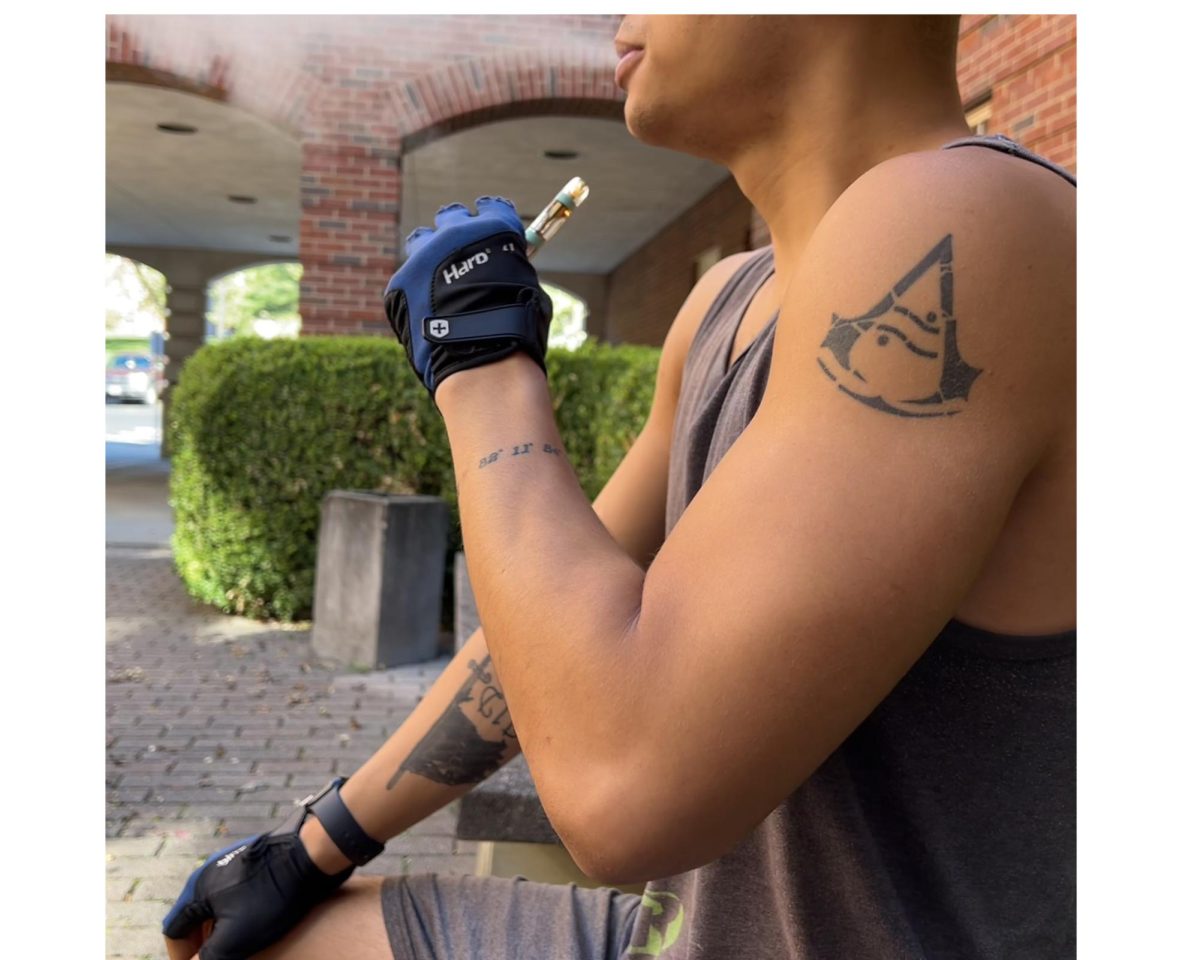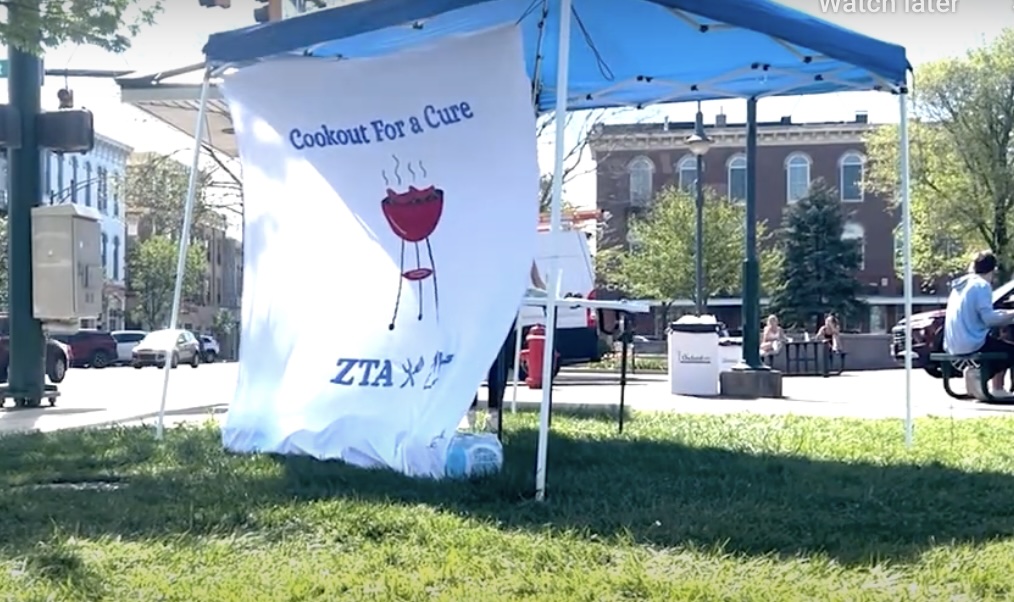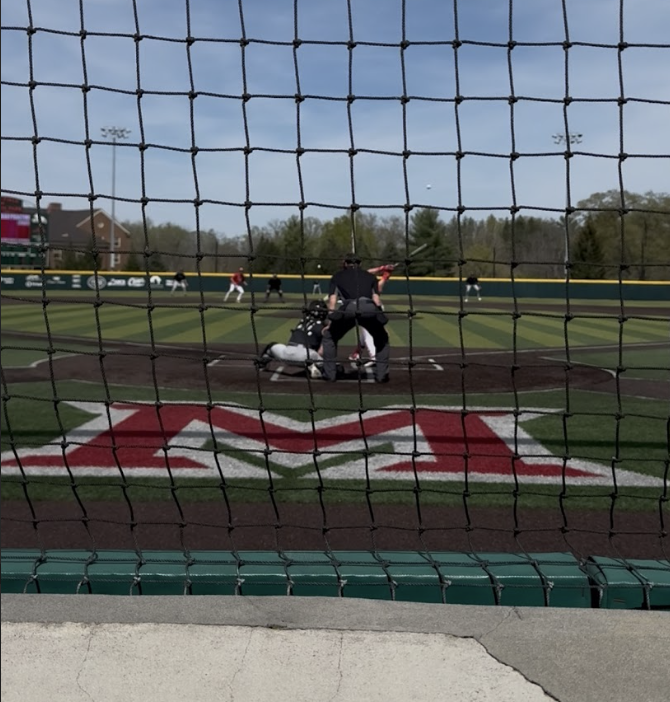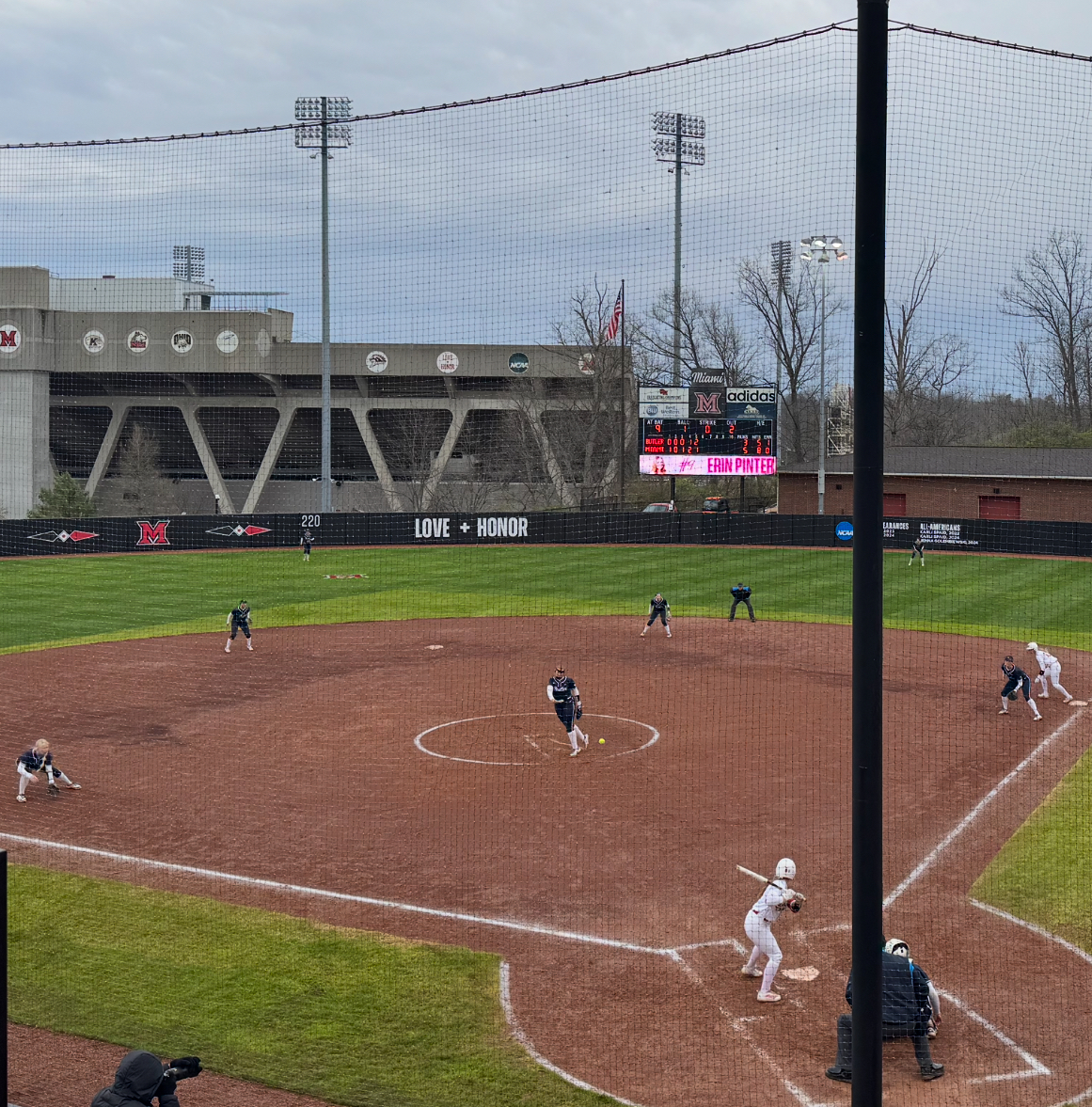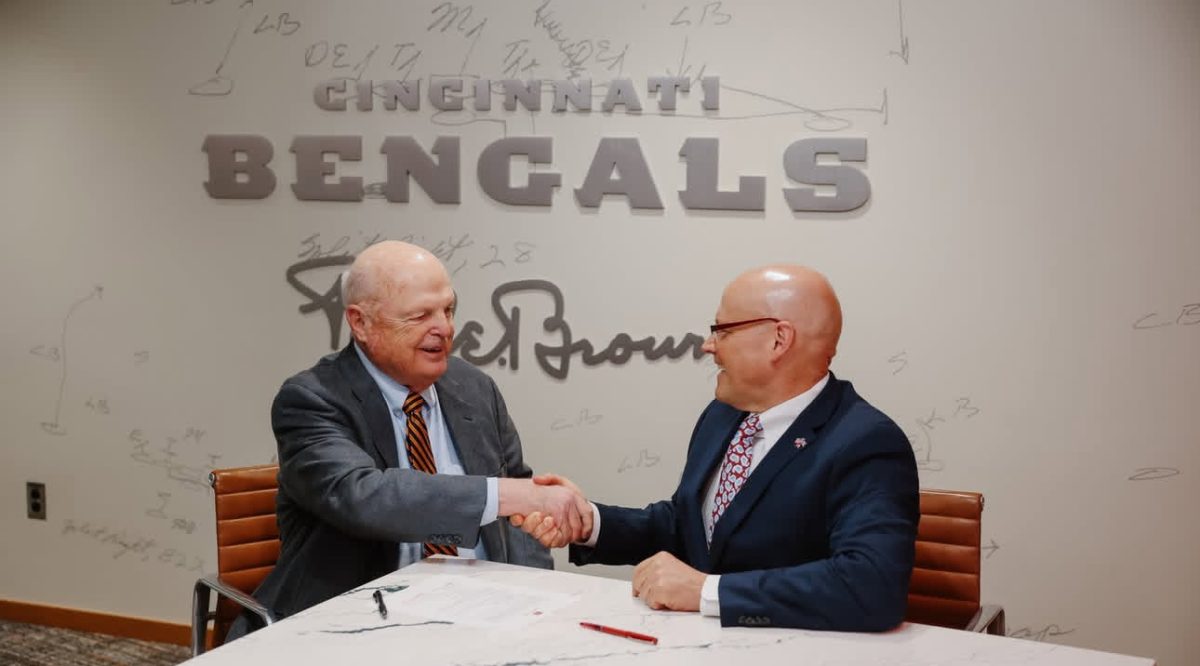During the past nine months, the Oxford Fire Department has responded to more calls to help students experiencing alcohol or drug related emergencies than in all 2017.
“It seems like every year, as enrollment numbers grow, we get busier,” said Fire Chief John Detherage. That could just be because there are more students, or it could be because more students are willing to call because of Miami’s University’s “good Samaritan policy” that shields students who seek emergency medical assistance for themselves or a friend from disciplinary action from the university.
Miami’s policy excludes from protection students who violate any other university policies, such as possessing of a fake ID.
In 2017, 346 of the 1,679 EMS calls were alcohol related. Nine months into 2018, of the 1,560 calls, 349 were alcohol related. Detherage said there always is an upsurge of calls around the start of the school year as students return. Undergraduate enrollment at Miami also has risen by about 2,000 students since 2015, according to the university.
The good Samaritan policy has been in place since 2013. Although they avoid university disciplinary action, students who call for assistance related to alcohol consumption may still be required meet with the Office of Community Standards, attend an alcohol education class, and interview with a school psychologist at their own cost. Such students must not get in trouble again for a full calendar year. Once this year is complete, the offense is removed from their university record.
Student EMT volunteer Burk Darrow thinks that the policy is one of the reasons that there are so many emergency calls made on the weekends.
“Often times, when we arrive on the scene, people get really nervous and think they will get in trouble, so I think the good Samaritan policy has positively impacted the student body and encourages people to get help when they need it,” Darrow said.
Assistant Director of Student Wellness Leslie McNeill is confident that the policy is helping protect students.
“At the end of the day, for me,” McNeill said, “it does no good to have a policy if it’s not being used.” She said she had heard more conversation about the policy this year than in previous years.
Detherage said he doesn’t think that some students are equipped to make good choices at 18 or 19 years old, especially when they come to Oxford with different levels of experience with alcohol.
“It’s always so busy at the beginning of the year,” Chief Detherage said. “Sadly, there’s a lot of kids that make decisions that change the course of their lives within the first few weeks of college.”


